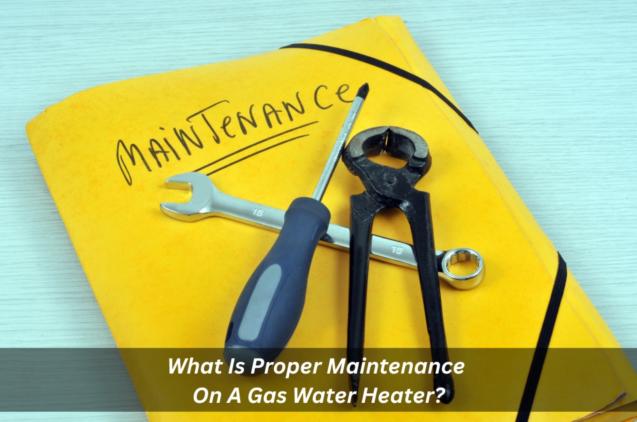
Your Guide To Understanding The Role Of A Gas Plumber
Plumbing problems involving gas can be particularly dangerous, so it is important to have a qualified professional on hand. They are experts in installing and repairing pipes that carry natural gas supply, propane, and other combustible gases. They also know how to identify the source of the issue and take appropriate action to ensure safety.
What does a gas plumber do?
A gas plumber specializes in gas fitting, testing, and maintaining systems involving fuel such as natural gas or LPG (liquid propane gas). As such, they must ensure all piping networks comply with governmental safety standards and other regulations.
They are responsible for the installation of new gas piping systems as well as the maintenance and repair of existing ones. This includes checking for gas leaks, ensuring proper pressure levels, and inspecting valves. They must also be familiar with state regulations pertaining to gas lines and follow all safety protocols when working with hazardous materials.
They may also be responsible for checking existing natural gas pipework systems to identify problems and assess whether existing pipework is fit for purpose. This includes repairs due to leaks or corrosion through inspection using special testing equipment – including carbon monoxide detectors – to ensure the safety of all occupants in the home or premises.
In addition, installing new appliances like water heaters that use natural gas lines usually requires the expertise of a licensed natural gas plumber, typically these professionals can perform maintenance checks and cleaning on certain types to promote optimum efficiency of operation as well as repair older models.
Certification required by Gas Plumbers
As working with gases can be very dangerous, it’s important that all prospective they have undergone the necessary training and certification before completing any work onsite. Most countries require qualified technicians who practice in this specialized field must obtain certification after passing a national exam in order to become fully certified; following successful completion the technician is granted authorization from their local government authority to act as a licensed gas fitter/plumber within their jurisdiction.
In addition to the licensing requirements, they must also take part in continuing education courses in order to maintain their certification and stay abreast of new developments in the field. This may include learning about new regulations and safety standards as well as the latest advances in gas technology.
When hiring a plumber, it’s important to make sure they are certified and have the necessary experience to complete the job. It’s also important to ask for references from previous customers so you can get an idea of their quality of work. Additionally, make sure the gas plumbing service provider is insured in case anything goes wrong during the gas line installation or repair process.
Finally, remember that working with gases can be dangerous and should always be done by a professional who has been properly trained and certified. By taking the time to understand the role of a gas plumber and making sure you hire someone who is qualified and experienced, you can rest assured that your job will be completed safely and efficiently.



